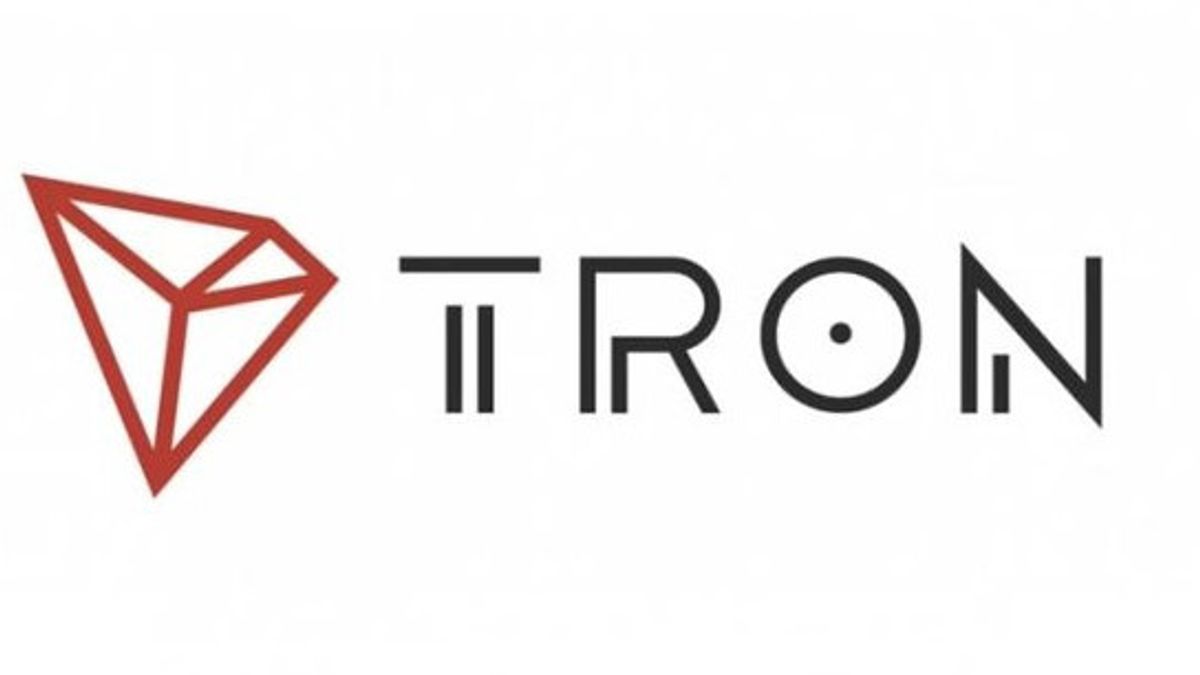JAKARTA - A new front has emerged in Israel's war against the foundations of Iran-backed militant groups, from Hamas to Hezbollah: a fast-growing crypto network called Tron. Faster and cheaper than its larger competitor Bitcoin, Tron has surpassed Bitcoin as a platform for transferring cryptocurrencies linked to groups designated as terrorist organizations by Israel, the United States and other countries.
These are findings based on interviews with seven financial crime experts and blockchain investigation specialists.
A Reuters analysis of crypto inclusions announced by Israeli security services since 2021 reflects this trend, showing a sharp increase in the targeting of Tron wallets and a decrease in the inclusion of Bitcoin wallets.
"Previously, what was widely used was Bitcoin, and now our data shows that these terrorist organizations tend to prefer Tron," said Mriganka Pattnaik, CEO of Merkle Science, a New York-based blockchain analysis company. He added that Tron's faster transaction times, low fees, and stability are the reasons behind this change.
Between July 2021 and October 2023, Israel's National Bureau for Counter Terror Financing (NBCTF) froze 143 Tron wallets believed to be linked to "designated terrorist organizations" or used for "serious terror crimes."
Reuters analysis shows that frozen Bitcoin wallets are decreasing, while Tron wallets are increasing. This reflects a shift in the preferences of terrorist groups targeted by Israel.
Hayward Wong, a Tron spokesperson based in the British Virgin Islands, responded to this article by saying that all technology "could theoretically be used for alerting activities." He cited the example of United States dollars being used to launder money. It also emphasized that Tron has no control over the use of its technology and is not linked to any groups identified by Israel.
Of the total investment in Tron by Israel, almost two-thirds or 87 wallets occurred this year. In June, Israel announced the seizure of 39 Tron wallets believed to be owned by Lebanon's Hezbollah and 26 Tron wallets believed to be owned by Palestinian Islamic Jihad, an ally of Hamas.
This seizure also includes 56 Tron wallets linked to Hamas. Israel increased scrutiny of Hamas funding after attacks last October by the group that killed around 1,200 people.
Wong stated that Tron has no control over the use of its technology and is not involved with groups identified by Israel. Experts assume that this increase reflects a new way for terrorist groups to take advantage of Tron's speed and low fees in carrying out crypto transactions.
A number of Tron wallets frozen by NBCTF were linked to Hamas and Islamic Jihad, groups involved in attacks against Israel. In March last year, NBCTF linked 46 Tron wallets to a money exchange company in Gaza called Dubai Co. For Exchange. Weeks after the Hamas attack, Israel announced its largest-known crackdown on crypto accounts, freezing around 600 accounts linked to Dubai Co. For Exchange.
Although more people report that they use Tron to transact legally, this seizure raises questions about the extent to which this crypto network is used by terrorist groups to obtain funds.
NBCTF has not provided comment or specifics regarding how it will link the Tron wallet to these groups. A number of people stated that they used Tron to trade crypto for business or personal financial purposes, with no connection to Hamas or Islamic Jihad.
Israel calls Dubai Co. For Exchange as a "terrorist group" because they provide financial support to the Hamas organization. A representative for Dubai Co., who did not respond to Reuters' request for comment, did not provide clarification or response to these allegations.
また読む:
The increasing use of Tron by this group also creates a dilemma for market players and regulators. If Tron and other cryptocurrencies increasingly become tools for terrorist financing, this could complicate regulatory and oversight efforts.
Additionally, the emergence of faster and cheaper crypto platforms such as Tron as an alternative to terrorist fund transfers raises new concerns in the fight against the funding of groups that harm national security and global stability.
Going forward, it will be the job of regulators and security experts to continuously monitor developments in the crypto ecosystem and develop effective strategies to prevent misuse of these networks by terrorist groups.
In this context, partnerships between countries, financial institutions and technology companies are key to maintaining global security and order in facing new challenges emerging in the world of digital finance.
The English, Chinese, Japanese, Arabic, and French versions are automatically generated by the AI. So there may still be inaccuracies in translating, please always see Indonesian as our main language. (system supported by DigitalSiber.id)














